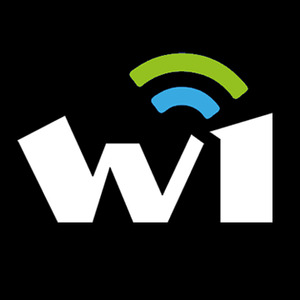Another decent GaN charger for a discounted price.
Dimension: 56 x 50 x 28 mm
Weight: 90 g
Input: AC 100-240V ~ 1.5A 50/60Hz
Output:
- USB-C #1 PD 3.0 (5V/9V/12V/15V 3A, 20V 3.35A) 67W Max
- USB-C #2 PD 3.0 (5V/9V/12V/15V 3A, 20V 3.35A) 67W Max
- Compatible with iPhone, iPad, Galaxy, Pixel models*
Another deal that can be compared with this deal
https://www.ozbargain.com.au/node/791056




